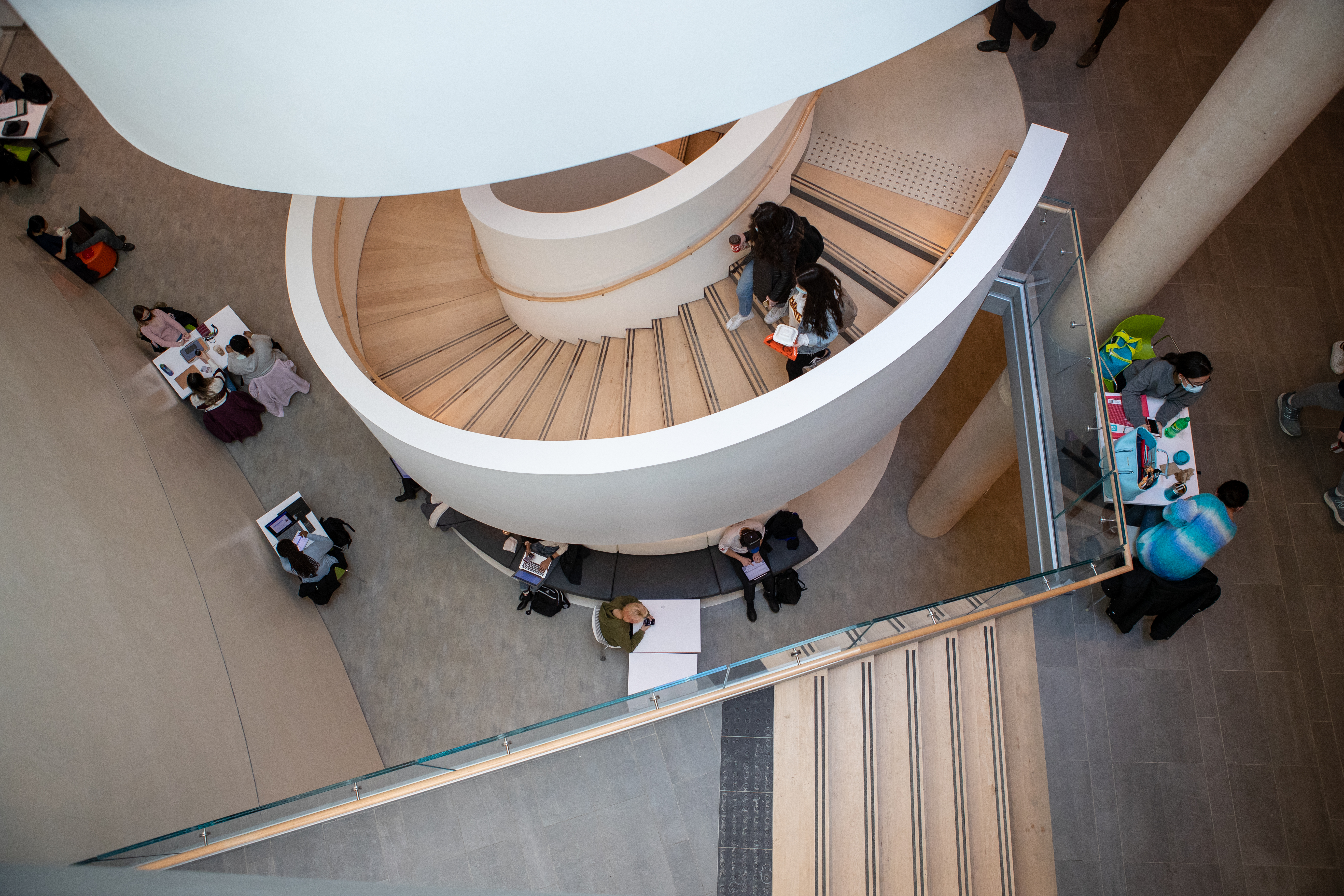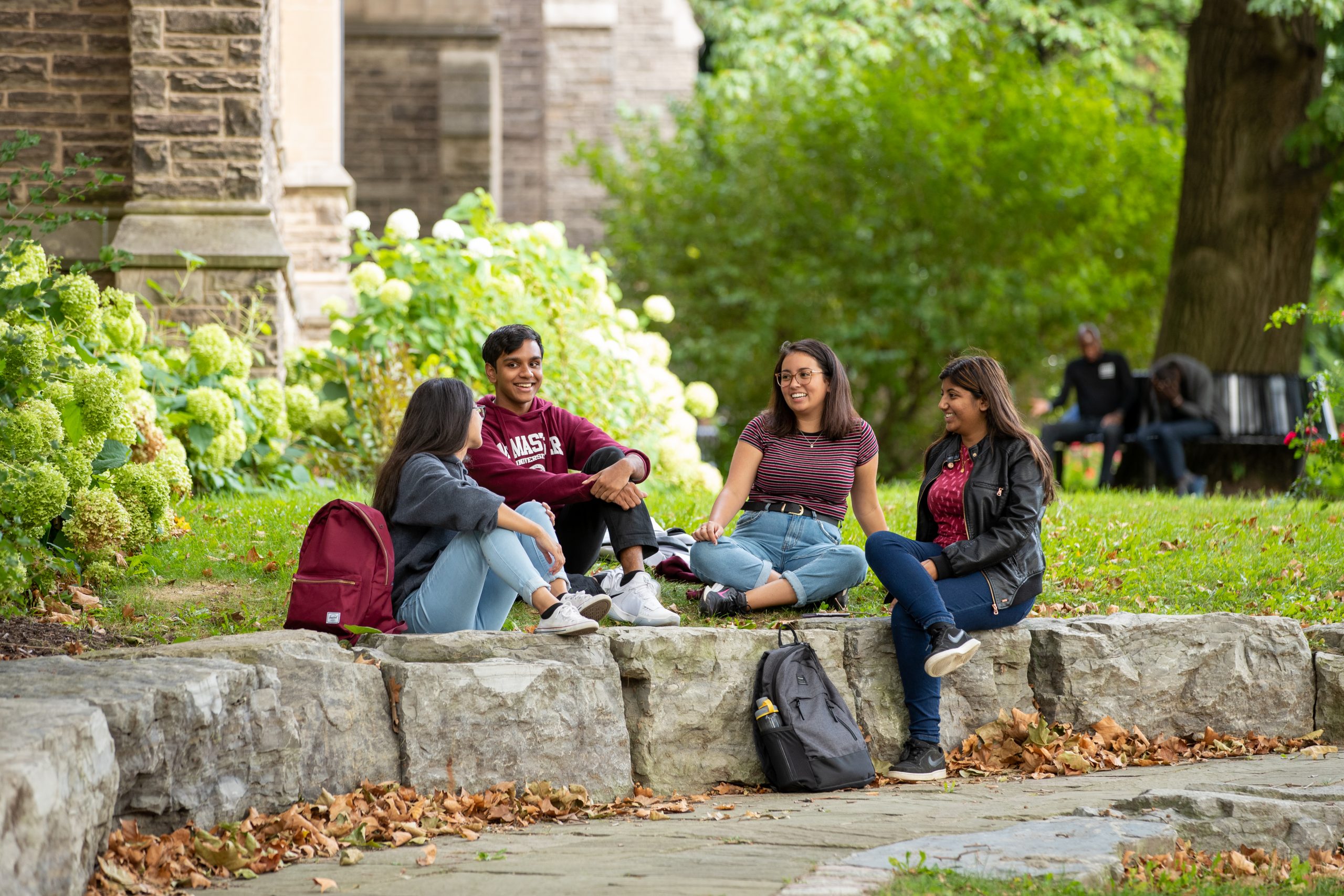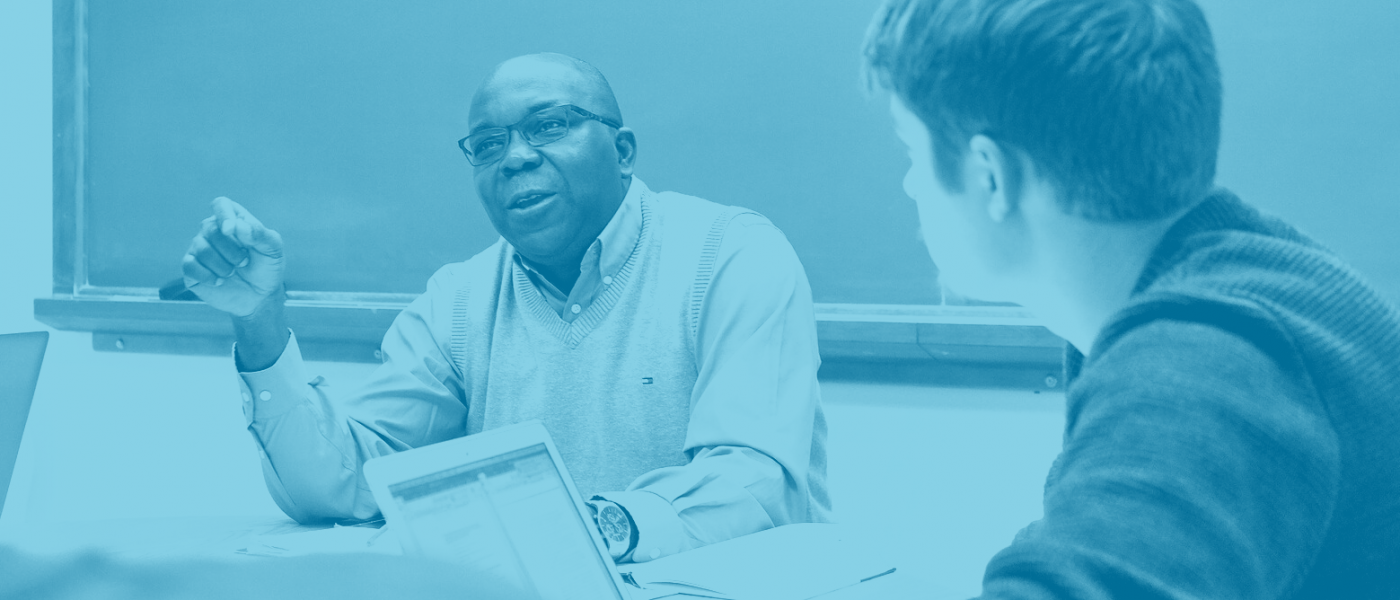Thank You for Shaping McMaster’s EL Landscape
Staff and educators play a key role in providing students with experiential learning (EL) opportunities that can be transformative for their career, academic and personal development. We appreciate your effort and dedication is supporting the university as we work towards our shared mission and vision for EL:
- Vision: McMaster graduates have the skills, experience, and confidence to lead lives guided by both a sense of self and a sense of purpose to make a positive impact in the world.
- Mission: By 2029, 84% of McMaster undergraduate students will have participated in an accessible and supportive Faculty-based or campus-wide experiential learning opportunity that is transformative and lasting beyond their time at McMaster. This will be achieved through the collaborative development and support of both campus-wide and Faculty-specific experiential learning infrastructure that recognizes the contributions of faculty, staff, students, and external partners in the learning process.
This webpage aims to support staff and educators in developing and running accessible and transformative EL experiences. For staff and educators developing new experiential learning opportunities, the Guidelines and Procedures resource below, as well as the MacPherson Institute for Teaching and Learning could be of particular use.
Experiential Learning Resources for Staff and Educators

Strategic Framework View the Framework
McMaster’s experiential learning (EL) Strategic Framework outlines a theory of change to support and scale EL at the university between 2024 and 2029.

Common Language View the Common Language
McMaster has a common set of definitions for experiential learning (EL), as well as defined categories and typologies of EL to improve communication across educators, staff, students and partners.

Guidelines and Procedures for Experiential Learning Review Guidelines
Consult McMaster’s health, safety and risk-management guidelines when developing or running EL opportunities to ensure safe and accessible teaching and learning environments.

Experiential Resources for Community-Engaged Learning Visit the OCE
The Office of Community Engagement (OCE) has resources for developing and maintaining community-engaged experiential learning experiences.
Central Unit Supports Available for McMaster Staff and Educators
McMaster has central units that offer supports for staff and educators working to advance EL. Learn more below.
Office of Community Engagement (OCE) Visit the OCE
The OCE offers supports related to community-engaged learning to staff and educators. It assists in forming and supporting community partnerships, in addition to providing resources and training for community-engaged learning.
MacPherson Institute for Teaching and Learning Visit the MacPherson Institute
The MacPherson Institute for Leadership, Innovation, and Excellence in Teaching supports curriculum development, professional development for teaching, teaching and learning scholarship, and digital learning. The Institute accepts requests for support through its website.
INSPIRE Office of Flexible Learning Visit INSPIRE
The INSPIRE Office of Flexible Learning is involved in developing tools, resources, processes, and partnerships to improve access to experiential learning (EL) at McMaster. The INSPIRE Office may be able to support instructors with exploring new ideas for EL programming or improving student navigation of these opportunities.
Reflection Resources
Reflection is a key component of transformative experiential learning (EL) experiences. Reflection should encourage students to set goals for their experience, and reflect back on them continuously to track progress and make necessary adjustments. It can also help them identify what they learned and gained from an experience to guide their future growth. The resources below from the Faculty of Humanities can provide insights on how to integrate reflection into your EL programming.

